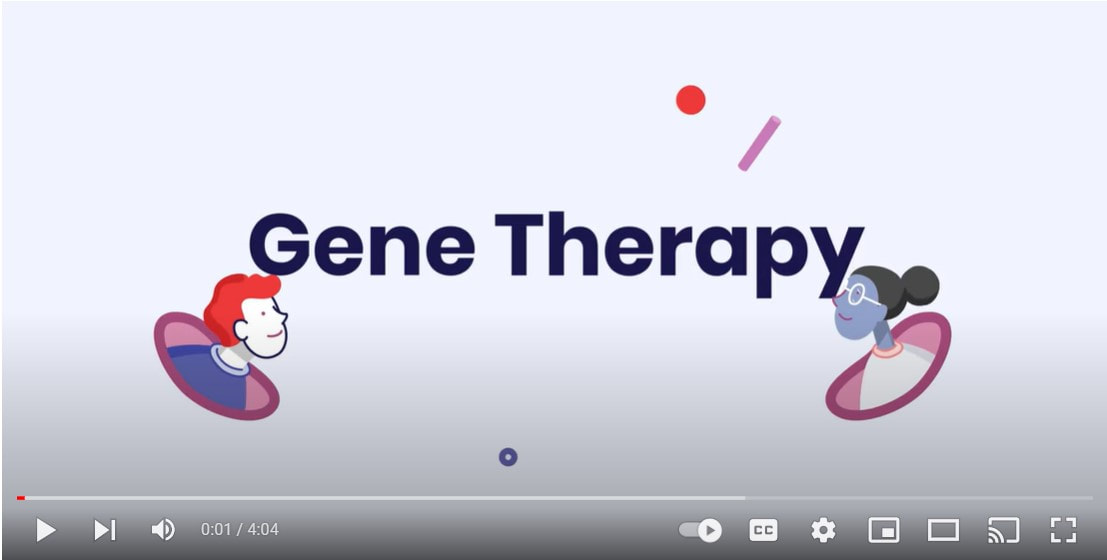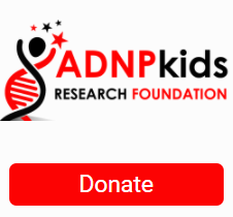Gene therapy for neurodevelopmental conditions involves using genetic techniques to treat or prevent neurological disorders that are caused by faulty genes. Neurodevelopmental conditions are disorders that affect the development of the brain and nervous system, and they can have a wide range of effects on a person's cognitive and physical abilities.
There are many different types of neurodevelopmental conditions that could potentially treat ADNP Syndrome and other related disorders such as autism and intellectual disability, among others. In some cases, the goal of gene therapy is to correct a specific genetic mutation that is known to cause the disorder. In other cases, the goal is to introduce a new gene that can compensate for the effects of the faulty gene or promote healthy brain development.
Here we summarize four different techniques used in gene therapy. Some of these techniques are currently used in clinical practice, while others are not yet approved and are being evaluated in clinical trials.
The U.S. Food and Drug Administration (FDA) has approved 20 cell and gene therapy products as of October 2021, and accepted more than 900 investigational new drug (IND) applications for ongoing clinical studies of gene therapies.12
There are many different types of neurodevelopmental conditions that could potentially treat ADNP Syndrome and other related disorders such as autism and intellectual disability, among others. In some cases, the goal of gene therapy is to correct a specific genetic mutation that is known to cause the disorder. In other cases, the goal is to introduce a new gene that can compensate for the effects of the faulty gene or promote healthy brain development.
Here we summarize four different techniques used in gene therapy. Some of these techniques are currently used in clinical practice, while others are not yet approved and are being evaluated in clinical trials.
- Replacement therapy: This type of gene therapy involves replacing a missing or mutated gene with a functional gene. It is used to treat genetic disorders that are caused by a single gene mutation, such as cystic fibrosis.
- Gene editing: Gene editing involves altering or correcting an individual's DNA sequence to treat or prevent disease. This can be done using techniques like CRISPR-Cas9, which can precisely cut and modify specific genes.
- Gene silencing: Gene silencing involves turning off or reducing the activity of a particular gene. This approach is often used to treat diseases that are caused by overactive genes, such as certain types of cancer.
- Antisense Oligonucleotide (ASO), is a type of therapeutic agent that can be used to treat genetic diseases. It is a short sequence of synthetic DNA or RNA that is designed to bind to a specific messenger RNA (mRNA) molecule and prevent it from being translated into a protein. One advantage of ASOs is that they can be designed to target specific mRNA molecules, allowing for precise control over gene expression. Additionally, ASOs are relatively easy to synthesize and can be delivered directly to the target tissues or cells using a variety of methods.
The U.S. Food and Drug Administration (FDA) has approved 20 cell and gene therapy products as of October 2021, and accepted more than 900 investigational new drug (IND) applications for ongoing clinical studies of gene therapies.12


